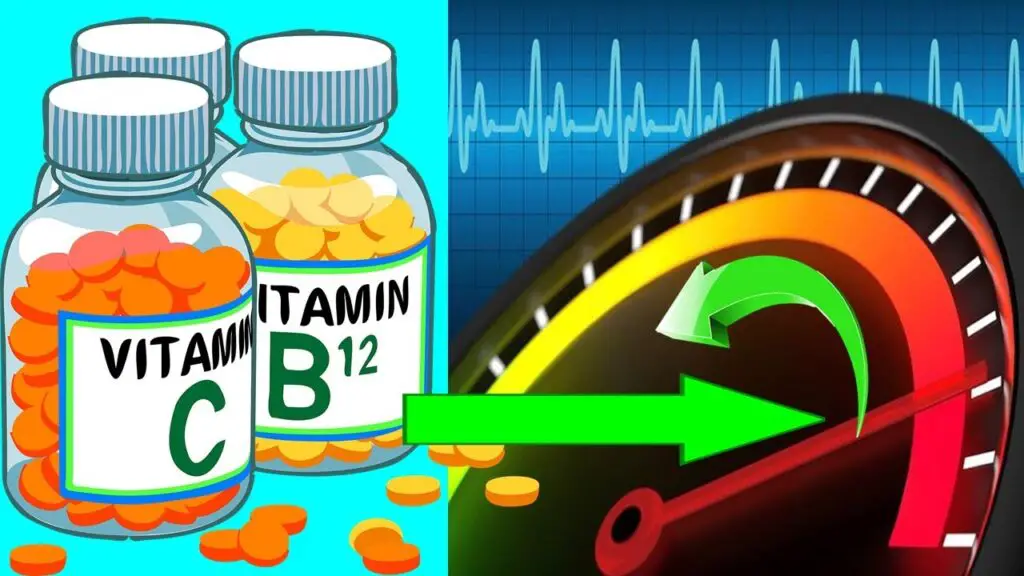High blood pressure in adults is a very common condition that can become serious if left untreated. In fact, hypertension is so common that many people underestimate just how dangerous this condition can be.
It's especially dangerous for older people, who are more prone to high blood pressure. Uncontrolled blood pressure can lead to poor heart health, increasing your risk of heart disease, strokes, heart attack, heart failure, or even kidney failure.
If you're concerned about your blood pressure, it would be wise to get a medical professional to check it out. A doctor can recommend healthy habits or dietary supplements alongside other important medical advice. In the meantime, however, you can use natural supplements and vitamins to keep your diastolic and systolic blood pressure down. Lifestyle changes, if possible, may also be beneficial.
Signs of High Blood Pressure
Worryingly, hypertension may not cause any symptoms. However, some signs you could keep an eye out for include:
- Shortness of breath
- Blurred vision
- Chest pain
- Nosebleeds
- Dizziness and headaches
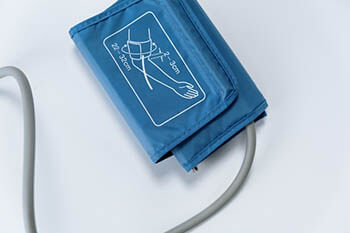
Of course, other conditions can also cause these symptoms. So, if you're worried, it would be good to get a doctor to check your blood pressure. Alternatively, you can buy a simple blood pressure testing device to use at home. People of a certain age may be invited to their local surgery to get their blood pressure tested. A blood pressure test is usually standard procedure in most medical checkups.
Causes of High Blood Pressure
High blood pressure can have a variety of causes. Some people are genetically predisposed to high blood pressure, or particular lifestyle choices and health conditions may make a person's blood pressure high. Here are a few things that could cause high blood pressure:

- Stress
- Certain health conditions (diabetes, kidney disease, or hormone issues)
- Some medications (a contraceptive pill, some herbal remedies, or even ibuprofen)
- Smoking
- Unhealthy habits (smoking, not getting enough exercise, etc)
- Eating too much salt or saturated fat in your diet
- Obesity
- Sleep poorly or suffer from insomnia
- High blood pressure is common in your family
A doctor may be able to help you identify the cause of your hypertension. For example, if some kind of medication is causing high blood pressure, your blood pressure will likely return to normal once you stop taking the medication. However, don't stop taking any prescribed medication until your doctor tells you to do so.
Vitamins and Supplements to Naturally Lower Blood Pressure
Ideally, you should get all of your vitamins and nutrients via diet. However, this isn't always possible, for any number of reasons. For this reason, many people add vitamins and supplements to their diet to help control hypertension.
The below supplements may help lower high blood pressure. For best results, take supplements along with a healthy diet and balanced lifestyle.
1. B-Complex
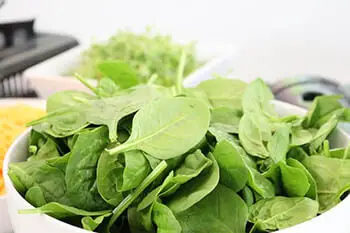
Stress and anxiety can cause your blood pressure to rise. B-Complex vitamins (comprising of around eight different B-vitamins) can help you to relax. B-complex vitamins boost metabolism, promote a healthy immune system, and encourage healthy cell growth. B-vitamins are known to be good for reducing high blood pressure. Fatty fish or fish oil, dark, leafy greens, dairy products, seafood, and more are all high in B-vitamins.
2. Vitamin D
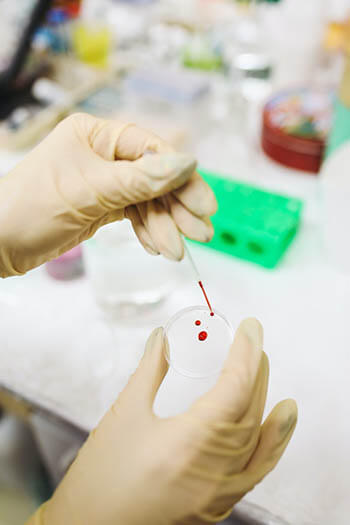
Vitamin D is particularly effective at reducing blood pressure. Since we commonly absorb vitamin D from sunlight, some areas are prone to widespread deficiencies. A lack of vitamin D can lead to muscle weakness, fatigue, and a struggling immune system.
If you think you could have a vitamin D deficiency, get your doctor to run a blood test. This can tell you immediately whether you should start taking vitamin D supplements.
3. Iron & Vitamin E
Iron and vitamin E work together to keep the body healthy. Iron helps the body carry oxygen more efficiently, and vitamin E helps your heart to use oxygen more effectively.
However, there is a danger here - high doses of vitamin E supplements may actually raise blood pressure. If you already suffer from heart problems, you may want to start on a smaller dose and work your way up. If you have any kind of serious health problem, it might be worth your while consulting your doctor first.
4. Potassium
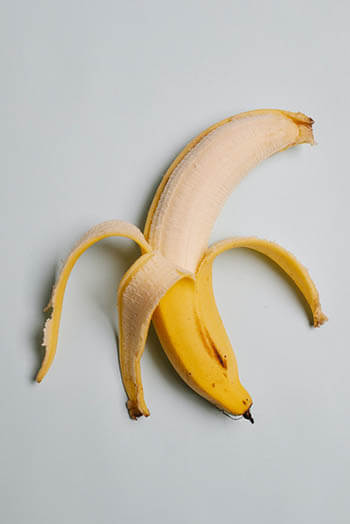
Potassium works to regulate the amount of salt in our bodies. Since our modern diet tends to be heavy on sodium, salt consumption can be an issue. High levels of salt are known to be bad for our hearts and raise blood pressure. Too much salt, or excessive vomiting and diarrhea, can lower potassium levels in the body. If you deliberately decrease your sodium levels along with potassium supplements, the results will be magnified.
Foods rich in potassium include bananas, green vegetables, potatoes, seeds, and more.
5. Magnesium
Magnesium is a very important mineral for reducing blood pressure. Magnesium supplements help to reduce tension in blood vessel walls, leading to reduced blood pressure. Too much salt in our diet can lead to a magnesium deficiency. If you don't like the idea of supplements, certain foods are known to be high in magnesium: whole-grain foods, dark, leafy vegetables, seeds legumes, and more.
Chances are, if you have a magnesium deficiency, you're also low in calcium and potassium. Using these three vitamins as an altogether supplement is great for your health, and may also help manage hypertension. Healthy eating is the best way to get vitamins into your system!
6. Vitamin C
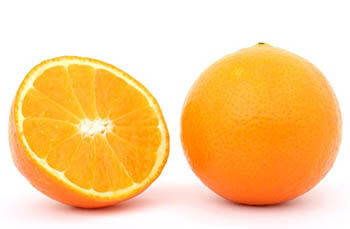
Vitamin C is a supplement known and loved by us all! Commonly found in fruits and vegetables, vitamin C had a myriad of health benefits. While vitamin C isn't widely considered a natural hypertension treatment, it may help lower blood sugar levels, boost the immune system, and speed up metabolism. These effects do indirectly contribute to lowered blood pressure levels.
Since fruits and vegetables are a rich source of vitamin C, getting more of this vitamin is as simple as eating more fruit and veg.
7. Calcium
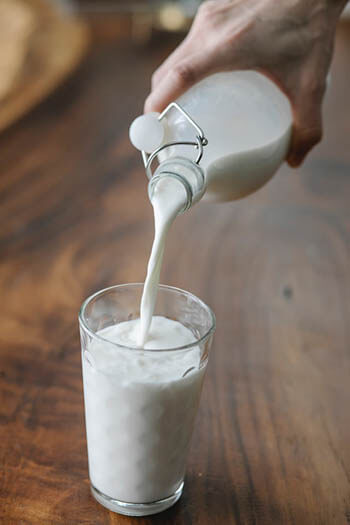
Calcium is well known for its bone-nourishing effects - and it also works to help lower blood pressure. This vitamin helps the kidneys to filter out excess sodium and regulates the contraction of blood vessels.
However, a high-sodium diet can lead to low calcium levels. While calcium supplements may be popular, it's relatively easy to get calcium in non-supplement form from our diet. Milk and other dairy products, dark green leafy vegetables, eggs, nuts, seeds, and more all contain calcium.
Calcium also works well in combination with magnesium and potassium.
8. Zinc
Zinc deficiencies have been linked to high blood pressure levels, but beware of zinc supplements. While having too little zinc is unhealthy, so is having too much. Controlled trials have found that zinc interacts with other minerals in your body, including copper. If your zinc levels are out of balance, you may experience adverse effects - like high blood pressure!
If you think your zinc levels are low, it might be best to speak with a doctor before taking supplements for hypertension.
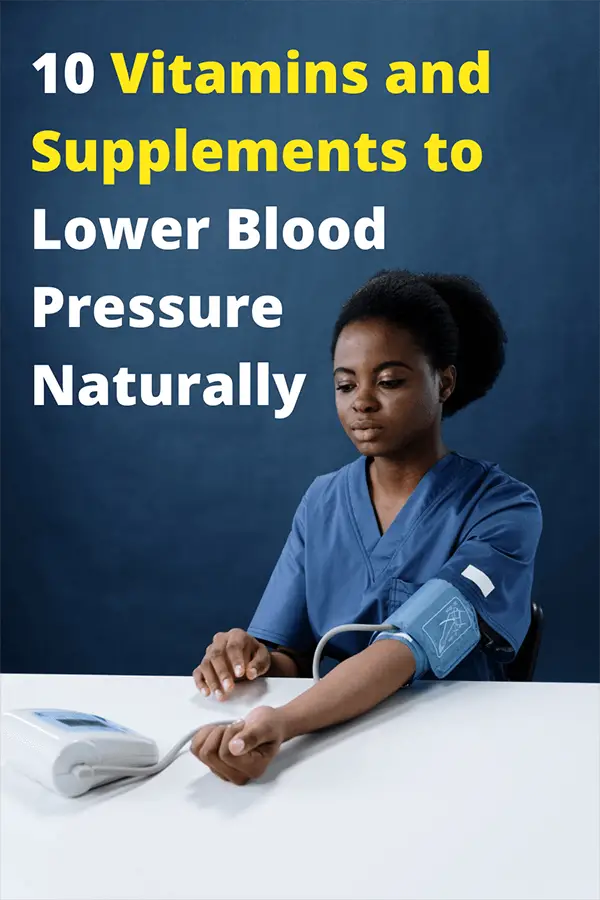
9. Vitamin A
Vitamin A is another supplement that contributes to a healthy body. This indirectly nourishes the heart, promotes good blood flow, and thereby lowers blood pressure. Oily fish, cheese, butter, and liver all contain vitamin A.
10. Omega 3 Fatty Acids
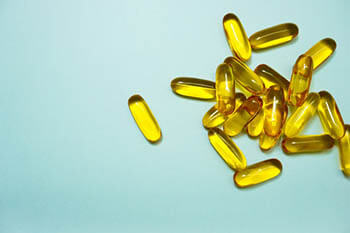
Last but certainly not least, omega 3 is an excellent supplement to lower your blood pressure. Omega 3 fatty acids, found in fatty fish and some seafood, have a number of health benefits. It nourishes skin and hair, promotes good bone health, and keeps our hearts in great condition. This overall health boost to the heart helps to prevent heart disease and can help lower blood pressure.
However, for people who don't like seafood or have a seafood allergy, supplements may be the best option. Omega 3 or fish oil may come in tablet or capsule form.
Lifestyle Changes to Lower Blood Pressure
While supplements can be a good way to quickly fix a deficiency, it should be noted that supplements shouldn't replace a balanced lifestyle. In fact, treating long-term high blood pressure may require serious changes to your daily habits. As well as taking supplements, here are a few things you could do to help reduce blood pressure risk.
Eat healthily
Our modern diet can be tricky. Cheap, processed foods are often crammed with sugar and sodium, and our bodies struggle to cope with the levels of artificial ingredients. Eating a balanced diet is one of the best ways to maintain healthy blood pressure levels. Make sure that you get plenty of fruit, vegetables, and whole grains in your diet.
Drink less alcohol

Alcohol can both increase and reduce blood pressure. Potentially, small amounts of alcohol may reduce blood pressure. However, drinking too much alcohol, too often, will cause your blood pressure to rise.
Cut down on salt in your diet
You may be surprised to find how much of your food contains salt. Making a concerted effort to cut down on salt will keep your heart healthier and reduce blood pressure. It also makes you less likely to suffer from a potassium, magnesium, or calcium deficiency.
Exercise more frequently
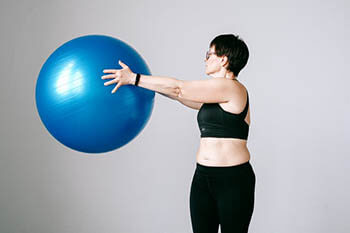
Not all of us love to exercise! However, regular cardio keeps our hearts working at their optimum and keeps our blood flowing well. Consistent exercise will help with lowering blood pressure and nourishes the body in countless other ways.
Lose weight if necessary
Unfortunately, excess weight can often cause high blood pressure. Collecting weight around your stomach can increase the chances of developing high blood pressure, as well as creating a higher risk factor for other health issues.
If possible, losing excess weight in itself may be a way to control high blood pressure. Combined with regular exercise and a low-fat, low-sodium healthy diet, you may soon begin to see results.
Reduce stress levels
Stress is another cause of high blood pressure. Taking the time to de-stress can help you to calm down. Of course, reducing stress is easier said than done. Find a coping mechanism that works for you. Mindfulness, music, or other relaxing activities are found to be popular.
Many people react to stress by consuming alcohol, smoking, or eating junk food. If this is your habit, it may take time to replace these coping methods with healthy, sustainable habits. Don't be too hard on yourself - that causes stress, too!
Quit smoking
Smoking can also cause high blood pressure, as well as a host of other diseases. Quitting smoking can help reduce blood pressure quickly. Quitting smoking is part of maintaining a healthy, balanced lifestyle.
Cut out or cut down on caffeine
Caffeine can cause blood pressure to rise, especially for the casual consumer. So, if you're concerned about your blood pressure, why not try decaf?
Regularly monitor your blood pressure at home
Blood pressure monitors are reasonably priced and easy to obtain and use. Monitoring your blood pressure at home allows you to easily keep track of your health. It also allows you to see how well you're doing with your natural blood pressure remedies. Blood pressure monitors are a must-have for individuals suffering from high blood pressure.
When to See a Doctor
If you are looking to lower your blood pressure, it's important to realize that supplements and home monitoring can't replace good habits and medical attention. There may also be side effects of certain dietary supplements that you're unaware of.
If your blood pressure is continuing to rise or doesn't seem to respond to treatment, you may need to consult a medical professional. You may have an underlying health condition that is impeding your progression, which needs to be dealt with first.
Alternatively, you could simply be making mistakes in your natural remedies. Talk to your doctor about how you've tried to tackle your high blood pressure. They may be able to give you advice and help you to work out an actionable plan.
If you have existing health conditions, such as diabetes or kidney disease, it might be best to consult a professional before starting a course of supplements for lowering blood pressure naturally. Taking too much of a supplement that you aren't deficient in can cause problems.
However, blood pressure can and is successfully managed by countless people worldwide. With a few healthy habits, dietary approaches to stop hypertension, and some vitamin supplements, you can happily get on with enjoying your life!

